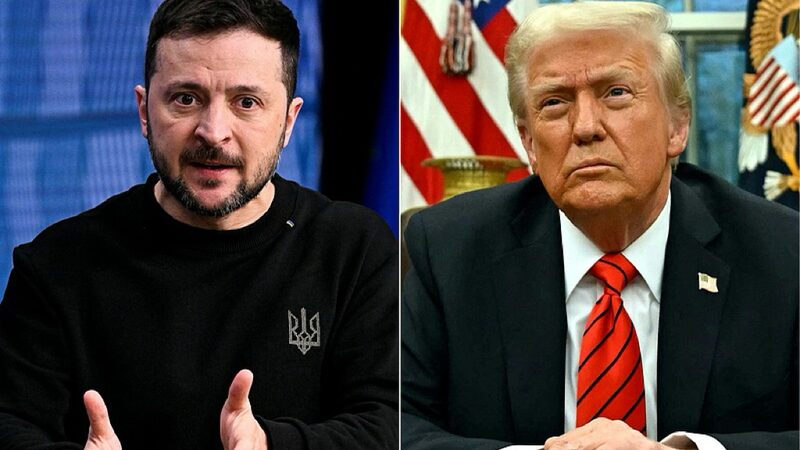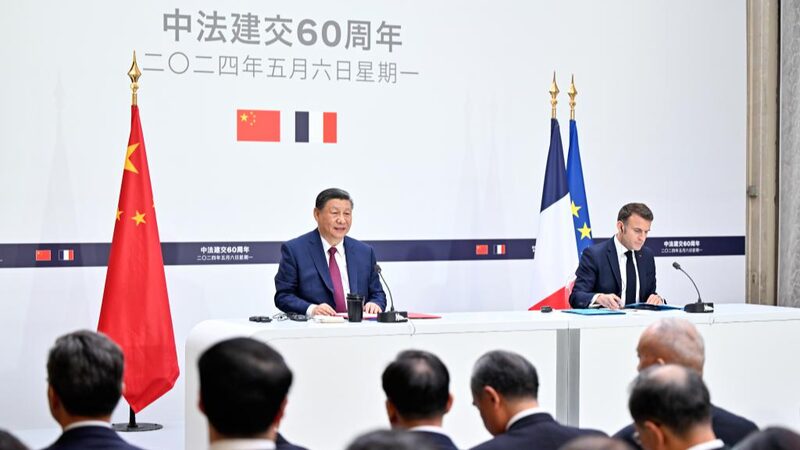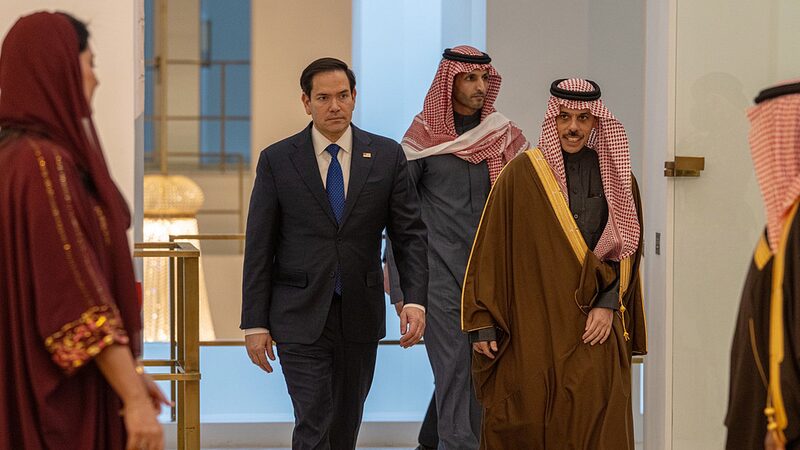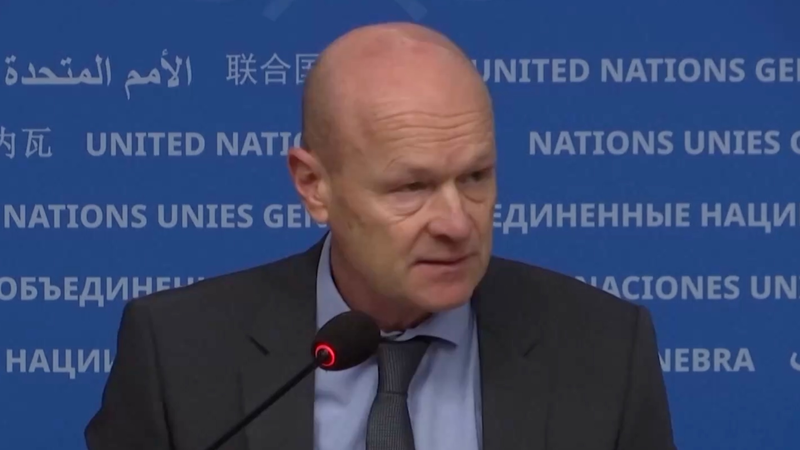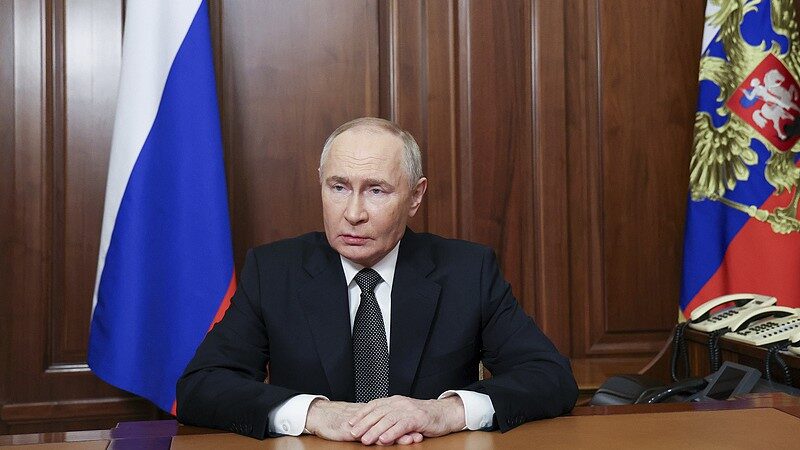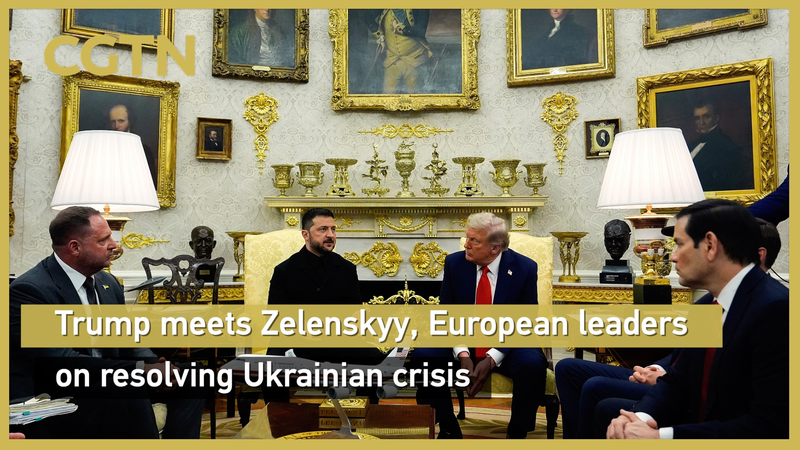Washington's stance on the Ukraine crisis has undergone a notable shift since Donald Trump took office, marking a significant change in U.S. foreign policy. This reversal has led to heightened verbal tensions between leaders of the involved nations, creating a ripple effect that has unsettled European countries.
The United States had long been a steadfast supporter of Ukraine, providing military aid and diplomatic backing to help maintain its sovereignty amidst regional conflicts. However, under Trump's administration, there has been a marked change in approach, moving towards a more transactional relationship that has raised concerns among both Ukrainian officials and European allies.
Leaders from the United States and Ukraine have engaged in intense discussions, with verbal sparrings that have caught the attention of European governments. This friction comes at a time when Europe is seeking stronger security guarantees to navigate the uncertainties stemming from shifting alliances and emerging threats in the region.
European nations, particularly those in Eastern Europe, are feeling the tremors of this policy reversal acutely. The reliance on U.S. support for security and economic stability now appears more precarious, prompting Europe to call for increased assurances and collaborative strategies to counterbalance the evolving geopolitical landscape.
Experts suggest that the U.S. policy shift could have far-reaching implications for international relations and global economic trends. The uncertainty surrounding U.S. commitments has prompted European leaders to advocate for a more autonomous defense posture and explore alternative partnerships to safeguard their interests.
Additionally, the verbal battles between U.S. and Ukrainian leaders have the potential to strain diplomatic relations further, complicating efforts to negotiate peace and stability in the region. The lack of a cohesive strategy could hinder collective responses to potential threats, undermining the unity that Europe has traditionally relied upon for security matters.
As Europe seeks comprehensive security guarantees, the emphasis is on forging stronger intra-European alliances and enhancing defense capabilities. This strategic pivot aims to reduce dependence on external powers and establish a more resilient framework capable of addressing multifaceted challenges.
The ongoing situation underscores the dynamic nature of global politics, where policy reversals in major powers like the United States can significantly impact regional stability and international cooperation. Europe's response to the U.S. policy shift will be crucial in determining the future trajectory of security and economic relations in the Asia-Pacific and beyond.
In conclusion, the U.S. reversal of its Ukraine policy since Donald Trump's tenure has not only intensified verbal conflicts between national leaders but also prompted Europe to seek robust security guarantees. This development highlights the interconnectedness of global affairs and the necessity for strategic adaptability in an ever-changing geopolitical environment.
Reference(s):
U.S. reverses policy on Ukraine, Europe seeks security guarantees
cgtn.com
